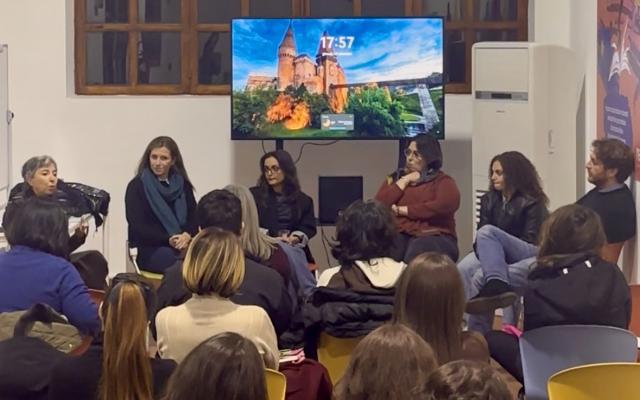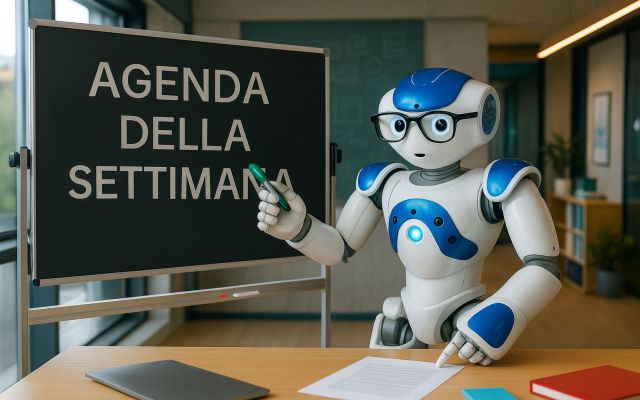The message from Undersecretary Alessio Butti for RomeCup 2025
‘The technological future that awaits us will remain a fully human future. It depends on us, sentient individuals responsible for our thoughts and actions.’ With these words, the Undersecretary to the Prime Minister's Office with responsibility for technological innovation, Alessio Butti, greeted participants in the inaugural conference of RomeCup 2025 in a video message, as he was unable to attend in person. He described the event as ‘a valuable opportunity for discussion and reflection on current and complex issues’.
The conference opened the 18th edition of the event promoted by the Fondazione Mondo Digitale, dedicated this year to the comparison between artificial intelligence, education and humanity. At the centre of the debate was the need to draw legal and ethical boundaries for the development of emerging technologies, without losing sight of the centrality of the individual and democracy.
In his speech, Butti proposed a confident vision of the future, drawing inspiration from the words of Pope Francis: ‘Techno-humanism should be the key to nurturing hope in the future and in the new generations’. A ‘techno-human’ condition that takes the form of ‘a symbiosis between human intelligence and technological knowledge’, in which algorithms become a support for thinking, working, caring for ourselves and living in harmony with the environment.
Butti declares himself an ‘incurable optimist’: ‘The technological future that awaits us will remain a fully human future’. This future depends on us and is made up of individuals who are ‘sentient and responsible for their thoughts and actions’. He sets a fundamental condition for this positive future: ‘We must contain technological development within legal and ethical boundaries that safeguard the human presence without stifling innovation’. He states that the current work consists of a ‘continuous balancing act,’ citing as examples the European regulation on AI, the Italian bill, international negotiations and discussions with the business and research communities. He points to the common goal of this work: ‘We want to support the balanced growth of the cognitive and computational capabilities of artificial intelligence. We want this to happen in accordance with the legal, ethical and democratic principles that guide our society.’
The message is in line with current Italian and European policies on generative and regulated AI, with specific references to European regulations, the national bill and discussions with businesses and researchers. ‘All this has the same purpose: we want to support the balanced growth of the cognitive and computational capabilities of artificial intelligence, in accordance with the legal, ethical and democratic principles that guide our society.’




